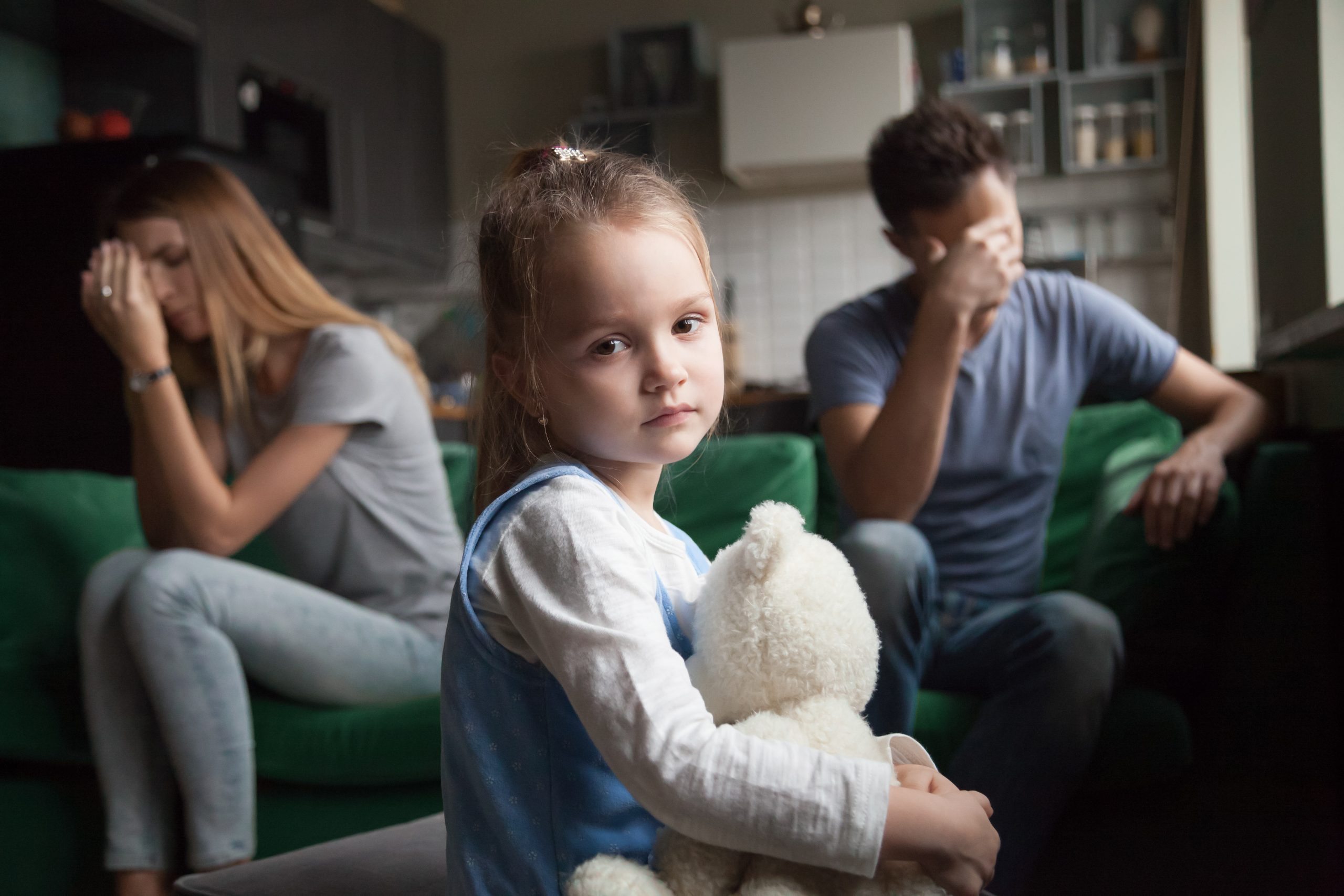Dating After Divorce
How soon is too soon for the children?
October 7, 2019
A large-scale study of more than 1,700 women from around the country who have and are going through the divorce journey was recently conducted by Worthy, an online auction marketplace. It revealed the following insights: 78% of the women surveyed said they have already started thinking about dating by the time the divorce papers are signed, and 65% are dating within the first year of being separated or divorced. Eighty percent of the participants have children.
Many divorcing parents wonder how dating will affect their children and question the best time to introduce a new “significant other” or even a not so “significant” other to the children.
This issue of dating frequently comes up in my practice as a family law and matrimonial attorney, particularly as it relates to custody issues and custodial agreements. I have also encountered this issue in my role as an Attorney for Children, when speaking to clients who are minors.
Therapists with whom I work with will tell you that there are many reasons to be extremely thoughtful about dating as it is relative to the children. As a matrimonial attorney, I agree.
While children are processing and adjusting to the changes a divorce entails in their lives, the additional stress of adjusting to a parent dating–or even introducing a new person into the family mix–can be extremely challenging. Children are already getting used to the fact that their parents aren’t or soon won’t be living together, that they may not see a parent each and every day, a schedule of navigating back and forth between two parents’ homes and a host of other changes in their lives. Introducing yet another change–a new person to share the already diminished time with a parent–may be best put off until everyone settles into their new lives and routines.
For example, if your active dating life is causing you to spend a lot of time away from your children, it could affect them negatively, as this might be a time when they need stability and a parent’s steady presence more than ever.
Or, if you find the love of your life quickly, and jump into a relationship rapidly (from the children’s perspective) be wary that this could be very difficult for your children. Children want to spend time with their parents, not necessarily their parents and their new significant others.
Some say even in the best of circumstances, “recoupling” can be more dramatic for children than divorce in some cases. Consider that with recoupling, there may also be new “siblings,” a new home, new routines, and of course, a new step-person who is going to have his or her own parenting styles and views.
Also keep in mind that while you might be “ready” and have had plenty of time–sometimes many years–to process the end of the marriage and impending divorce, this might be relatively new information for your children. And they might need more time to process the complexities of the divorce before being thrown into another unfamiliar situation.
Then there is the fact that children feel loyalty toward their biological parents, which means they might be particularly anxious about what it means to have a new person in their lives, however lovely, right off the bat. They might be confused or even angry that their parent, with whom they are now likely spending less time, is spending some of that precious time with another person. That can lead to jealousy and anger.
Additionally, while you may believe that it is important to integrate a new person into your children’s lives in the midst of a divorce, the Court may feel differently. The Court may determine that it shows an inability to place your children’s interests before your own. If you are busy dating, you aren’t with your children. This may impact how access plays out in the future. If you are unavailable due to dating (as opposed to working), the Court may find that access is not your greatest priority; this may impact how much access you receive during and after your divorce.
There are a few ideas to keep in mind as you date during and after divorce:
- As part of your custody agreement, settle with your soon to be ex-spouse on a waiting period before introducing a significant other into the children’s lives. This can be a negotiated provision in your custody agreement so that you and your ex-spouse are on the same page. You may also want to agree not to introduce non-significant others to the children.
- Use common-sense. Do not introduce anyone to the children until it is clear this is going to be a long-term relationship. A revolving door of boyfriends/girlfriends can be unsettling for the children, when what they really need is time with their parents, consistency, and stability.
- If you are just “dating” and also have joint custody, spend your time with the children when they are with you and date when they are at your ex-spouse’s home. Then, the children aren’t involved in your dating life and their time with you is focused on you and them. If they are old enough to ask, you can handle date-related questions in an age-appropriate manner such as: “this person is someone who keeps me company when you are with your mom/dad.”
- If you have found “The One,” and are excited about him/her meeting your children and vice versa, take care to not introduce that person too fast or too early.
- Particularly if you expect this person to be a part of your life in the long run, be thoughtful about how you begin to integrate your significant other into your children’s lives, as you want these mutual relationships to work, and work well. Slowly and thoughtfully is usually the best way.
- Take cues from your children. If they are old enough to understand the issues, respect their wishes and show empathy for their feelings. Ask them if they want to meet a new person. If they say “no,” try not to push. One comment I hear frequently when I represent children is that they want alone time with the parent, unencumbered by the new boyfriend/girlfriend. Respect their wishes.
- If possible, enlist the help of a mental health professional who has experience with divorcing families and children. Your children may not want to or have the courage to speak directly to you about these very sensitive topics. Your child may not want to hurt your feelings, so providing a place for your child to discuss his/her feelings about these issues can be helpful.
- You personally may want to consult with a therapist. This person can become an objective assessor of the situation, who can help you learn to communicate with your children about the changes in their lives and even help you co-parent with your former spouse.
Dating is wonderful as is moving on and into a positive, rewarding relationship after divorce. Everyone deserves that. However, use good judgment when it comes to dating and your children so that your children can thrive and be mentally healthy.
These opinions should not substitute as a diagnosis or as legal or mental health advice. If you are facing a similar situation, contact a local attorney or mental health professional.
References
Worthy Study On Dating After Divorce, 2019
Originally published October 7, 2019 in Psychology Today.

